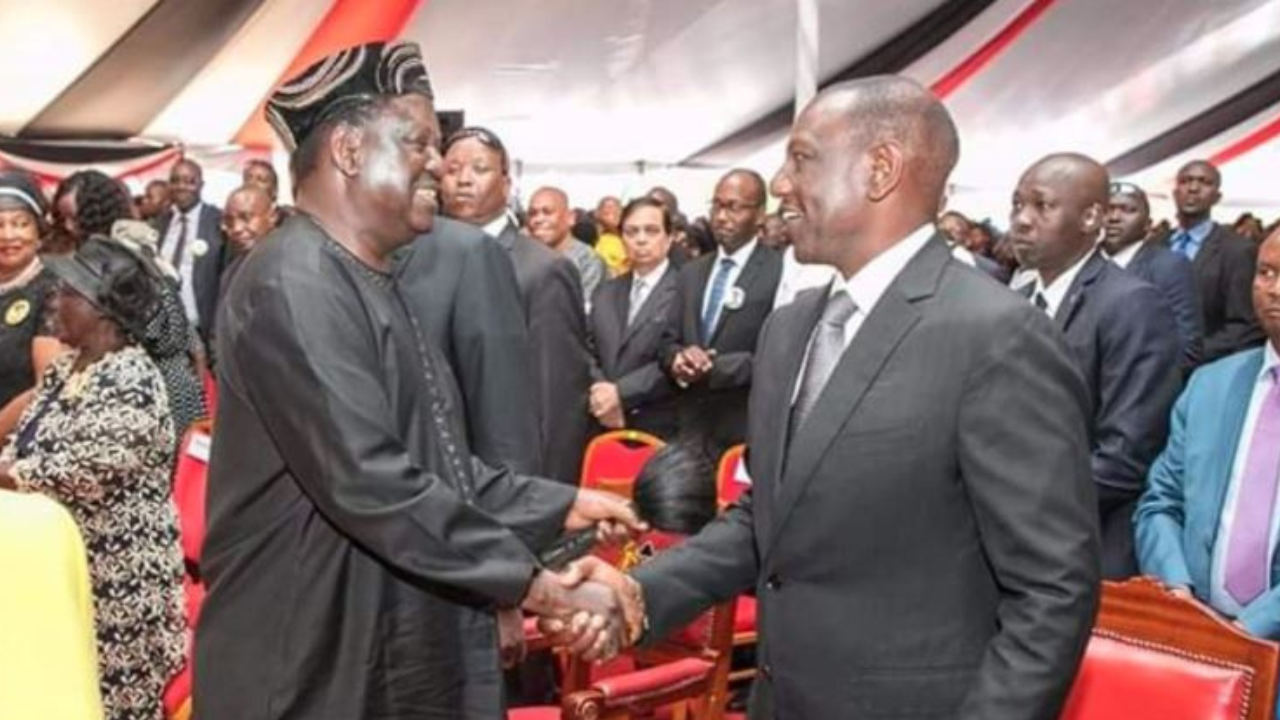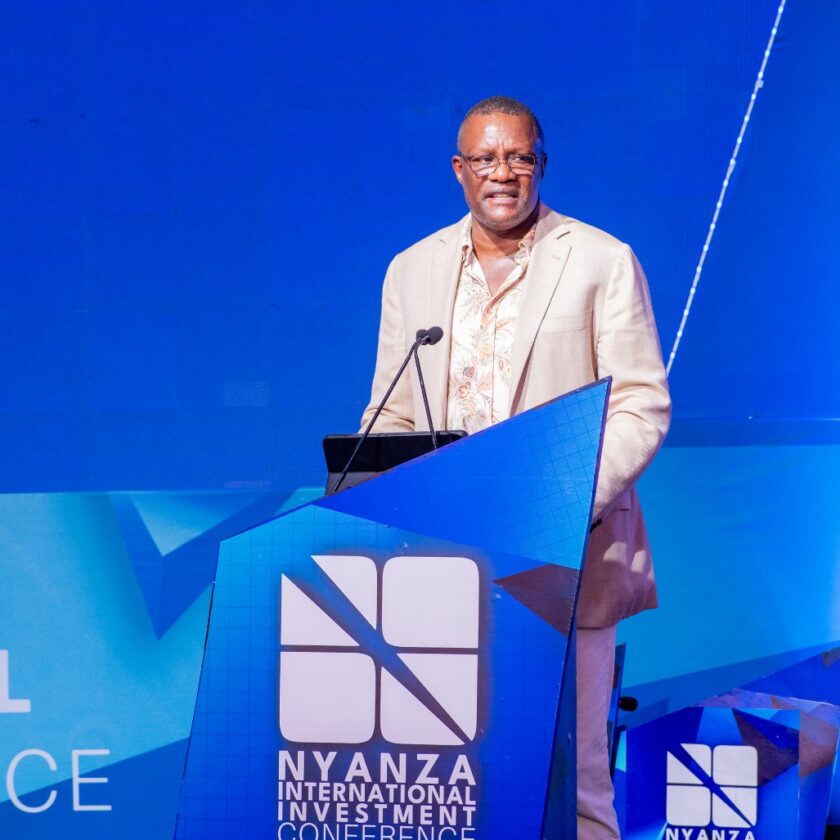Prime Cabinet Secretary Musalia Mudavadi recently floated the tantalizing prospect of reconciliation between President William Ruto and opposition leader Raila Odinga, igniting a storm of speculation across Kenya’s fraught political terrain. Speaking in Kakamega County, Mudavadi, seemingly on a cryptic mission in Bondo—Odinga’s bastion—on Ruto’s behalf, implored Kenya Kwanza supporters to brace for unforeseen political winds that could sweep through Bondo, hinting at alliances that might defy the current political logic.
However, the whispers of this potential détente are met with a caustic skepticism, especially among the Azimio faithful. A Ruto-Raila handshake? To many, that notion is anathema, a direct affront to the core concerns gripping the opposition—chief among them, the relentless climb of living costs.
The idea that Raila, who has vocally dismissed any notion of clasping hands with Ruto, might pivot to conciliation reeks of political betrayal to his supporters. After all, Raila’s firm stance against such a gesture was seen not just as a personal conviction but as a rallying cry for those who have borne the brunt of the current regime’s policies.
The backdrop to this potential political theater is grim. The narrative of hundreds of Azimio supporters meeting their demise at the hands of Ruto’s security forces paints a stark picture. The bloodshed witnessed by Azimio’s base in their quest to dethrone what they view as the “Ruto regime” lends a morbid tint to the prospect of reconciliation.
For Raila to extend a hand to Ruto now would not just be political heresy—it would be seen as an affront to the memories of those who died advocating for change. This is not just about politics; it’s about acknowledging the sacrifices of those who believed change was within reach through Maandamanos (public demonstrations), despite the lethal crackdowns.
Moreover, the fact that millions of Azimio supporters still cling to the belief that public demonstrations were making headway against Ruto’s administration underscores the depth of betrayal they would feel should Raila capitulate. The notion that Raila could even consider shaking hands with the man they accuse of sanctioning violence against them is not just politically irresponsible—it’s seen as a grave injustice.
Within this cauldron of political intrigue, Mudavadi’s musings on a potential Ruto-Odinga rapprochement or a high-profile appointment for Odinga at the African Union—just as Moussa Faki’s term as chairperson draws to a close—add layers to an already complex puzzle. Such developments could potentially splinter the Azimio coalition, altering the calculus for the 2027 elections in unforeseeable ways.
As insiders from both camps hint at ongoing dialogues, the Kenyan political saga continues to unfold, characterized by its perennial division and rivalry. This rumored handshake, while possibly smoothing the path for Ruto’s re-election bid, lays bare the intricate, often cynical, dance of Kenyan politics.
The mixed reactions greeting this news are a testament to the nation’s political volatility, where today’s enemies could be tomorrow’s allies, much to the chagrin—or perhaps, the resigned expectation—of the Kenyan populace.
Kenneth Ogutu
Kisumu City News




